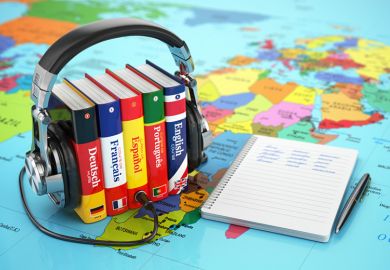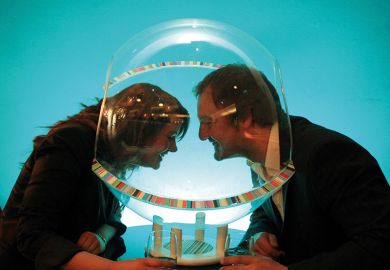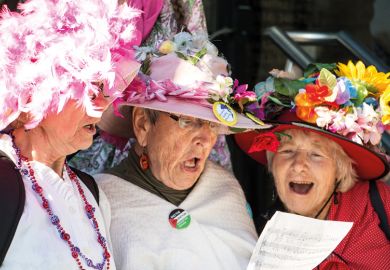The Republic of Ireland has set out plans to quintuple the number of higher education students learning a foreign language over the next decade as it prepares for Brexit.
Just 4 per cent of higher education students currently study a foreign language, but by 2026, the government wants to increase that proportion to a fifth.
Launching the new strategy on 4 December, Richard Bruton, Ireland's minister for education and skills, said: “Brexit and the increasing importance of non-English-speaking countries globally mean that English-speaking countries such as our own will need to put a new-found importance on foreign languages in order to excel in the modern world.”
The plan aims to have 20 per cent of higher education students studying a foreign language “in some capacity”, not necessarily as their main degree subject. Halfway through the plan, by 2022, the proportion should hit 10 per cent.
Ireland lags behind most European countries when it comes to foreign languages, warns Languages Connect: Ireland's Strategy for Foreign Languages in Education, 2017-2026, released by the ministry.
Some 20.8 per cent of 25 to 64-year-olds knew a second language, compared with 35 per cent across Europe. French was most common, “reflecting the traditional dominance of French at post-primary level”, it said.
“Much of the need for speakers of foreign languages with high levels of competence is currently being met by native speakers,” it warns.
The languages most important for Ireland’s future skills needs are German, French, Spanish, Portuguese, Mandarin Chinese, Russian, Arabic and Japanese, according to the report.
The government also wants to increase the number of students taking up the Erasmus+ mobility scheme by 50 per cent.
Register to continue
Why register?
- Registration is free and only takes a moment
- Once registered, you can read 3 articles a month
- Sign up for our newsletter
Subscribe
Or subscribe for unlimited access to:
- Unlimited access to news, views, insights & reviews
- Digital editions
- Digital access to THE’s university and college rankings analysis
Already registered or a current subscriber?







